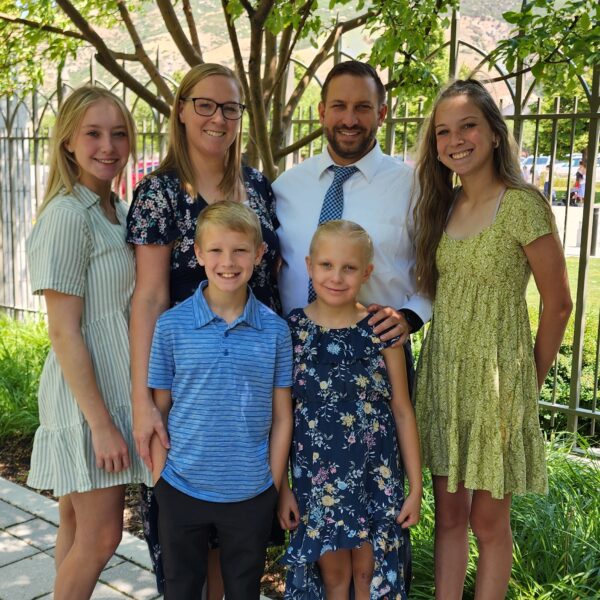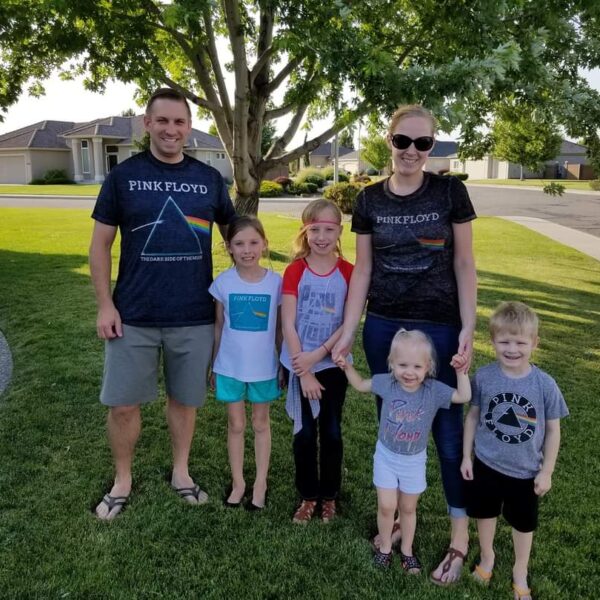Most spouses assume they’ll automatically inherit everything when their partner dies. They won’t. Let that sink in. Estate planning conversations often begin with what happens when both spouses pass away—but the real urgency lies in what happens when the first spouse dies. The widespread belief that all assets seamlessly transfer to the surviving spouse is dangerously misleading. Even jointly titled property, like a home, doesn’t guarantee automatic ownership. Without the right legal tools in place, surviving spouses can face unexpected hurdles. One of the simplest yet most powerful solutions? The Community Property Agreement. This one-page document can do more heavy lifting than a stack of legal paperwork. It a simple, cost-effective, and elegant way to ensure assets pass smoothly between spouses at death.
“But Washington is a community property state, so why do I need a Community Property Agreement?” Great question.
While it’s true that Washington is a community property state, that designation carries with it a specific legal meaning. It means generally that all property acquired during marriage is community property and it is owned one-half by each spouse. And, if it’s not community property, then it is “separate property.” Separate property is that property that is acquired either: (1) before marriage or (2) during marriage but individually by gift or inheritance. So, when we say that Washington is a “community property state,” it’s a statement as to the character of the property acquired by a married couple, not how it’s transferred. That’s a critical distinction. Being a community property state does not mean the surviving spouse automatically inherits all property. It doesn’t mean they have a legal right to all assets, nor does it mean those assets automatically vest in their name. To make that happen, the law requires something more—something intentional.
The Community Property Agreement is a legal contract between spouses that governs the character and transfer of their property. Specifically authorized under Washington law and codified in RCW 26.16.120, this agreement adds two powerful enhancements to the default community property rules. First, it allows spouses to agree that all property—regardless of when or how it was acquired—will be treated as community property. That means even assets originally considered separate property, such as those acquired before marriage or received by gift or inheritance, are converted into community property by mutual agreement. Second, it provides that upon the death of the first spouse, all community property will automatically vest in the surviving spouse. This eliminates the need for probate on those assets and ensures a smooth, efficient transfer—something the default law does not guarantee on its own.
The Community Property Agreement provides the means to accomplish what most people believe basic community property laws provide: the vesting of all property in the surviving spouse upon death. It bridges the gap between assumption and reality, turning intention into legal certainty. Without it, surviving spouses may face unnecessary legal hurdles, delays, and even disputes—despite having shared a lifetime of assets.
The transfer process itself is refreshingly simple. After one spouse passes away, the surviving spouse records the Community Property Agreement with the county auditor’s office. Depending on the types of assets involved, they may also need to provide a copy to relevant third parties—such as investment account custodians, LLC managers, or banks. Recording the agreement makes it part of the public record, clearly documenting the couple’s intent for all assets to transfer to the surviving spouse. This straightforward step helps avoid confusion, delays, and potential legal complications.
The Community Property Agreement isn’t a one-size-fits-all solution. It’s not ideal for couples whose estates may be subject to Washington’s estate tax—currently applicable to estates valued over $3 million in 2025. It also doesn’t align well with estate plans that include specific creditor protection strategies to shield assets from creditors. Most importantly, because it automatically transfers all assets to the surviving spouse, it’s not suitable for situations where that outcome isn’t desired. For example, if a spouse intends to leave specific gifts to children, or if the couple is part of a blended family and wants to preserve inheritances for biological children, this agreement may not be the best fit.
Estate planning is filled with assumptions—and few are as widespread or as risky as the belief that assets automatically pass to a surviving spouse. In Washington, the Community Property Agreement offers a simple yet powerful way to turn that assumption into reality.
The opinions voiced in this material are for general information only and not intended to provide specific advice or recommendations for any individual or entity. This information is not intended to be a substitute for specific individualized tax or legal advice. We suggest that you discuss your specific situation with a qualified tax or legal advisor.












